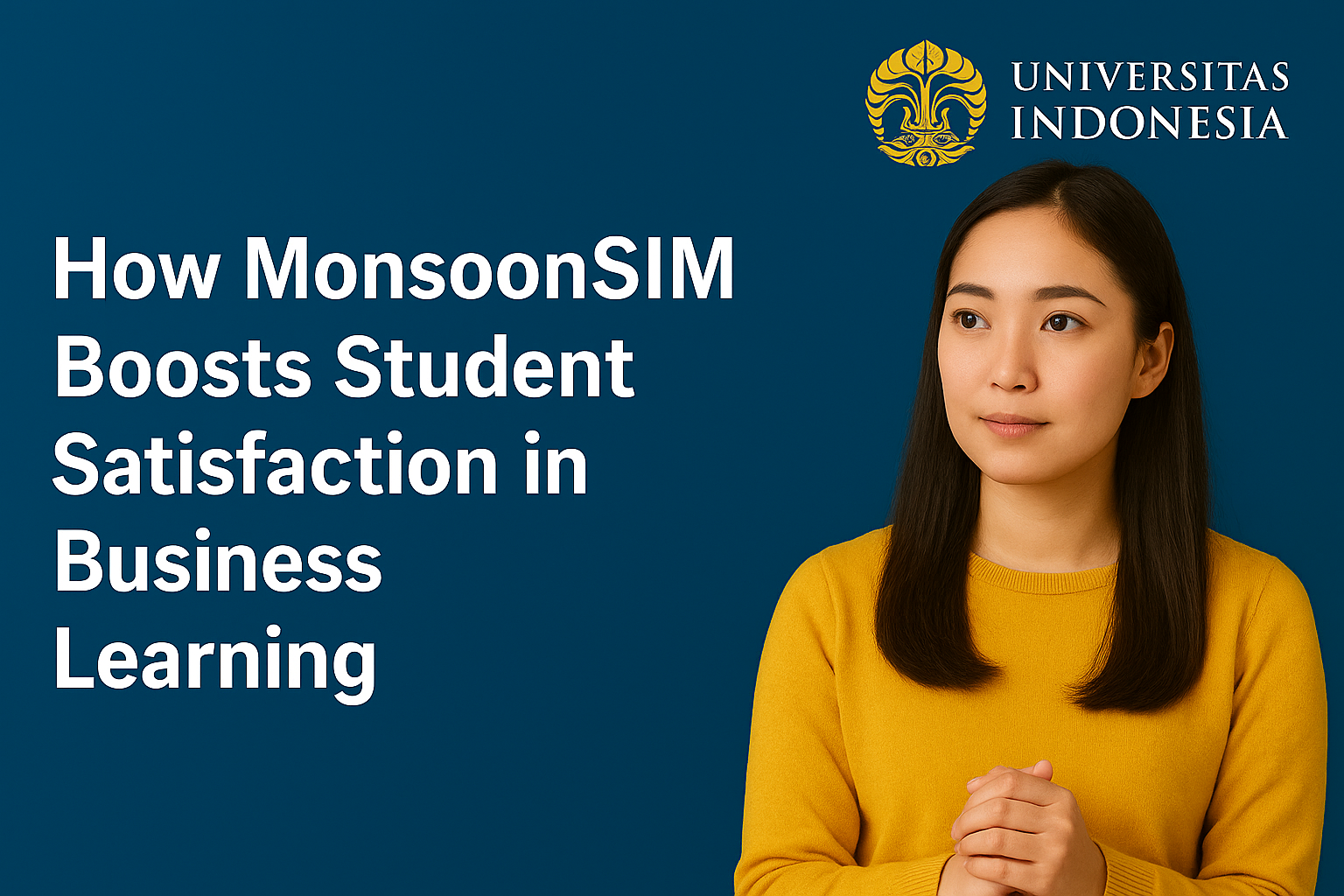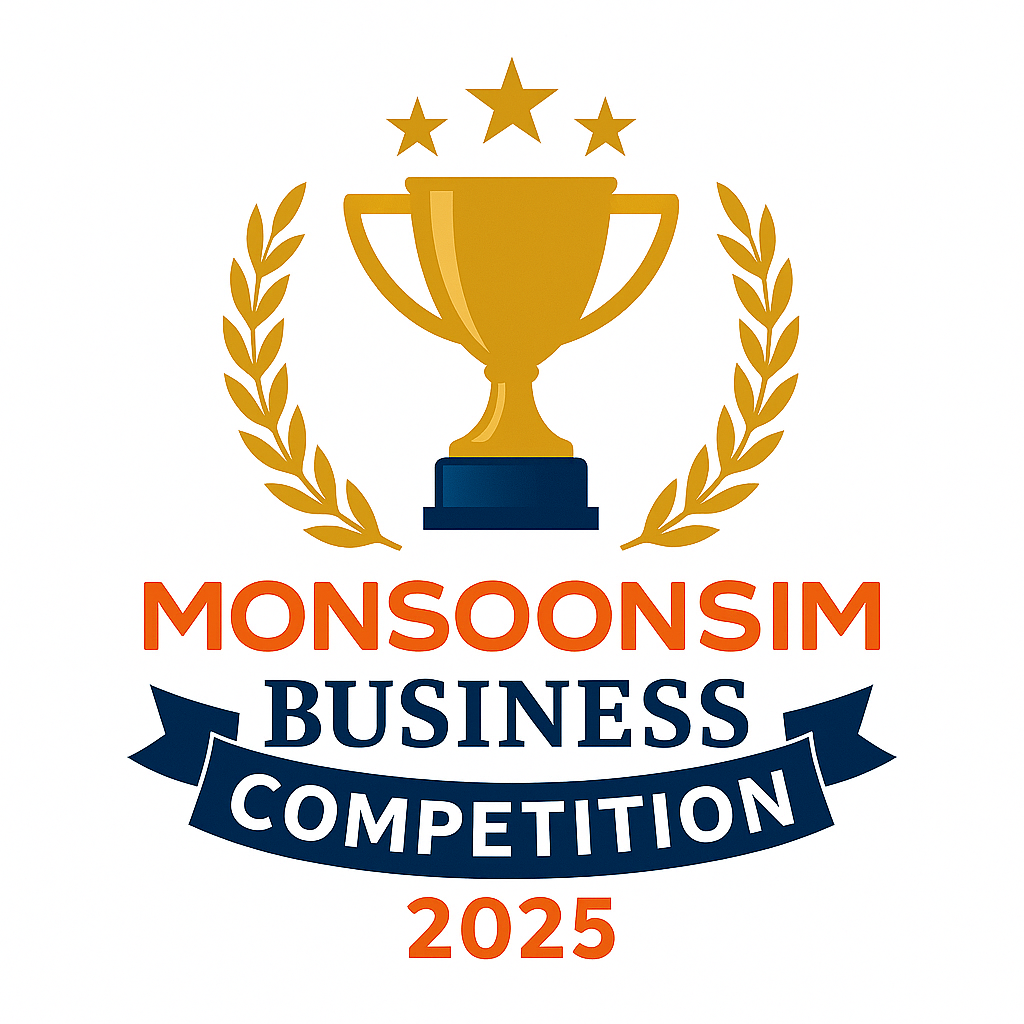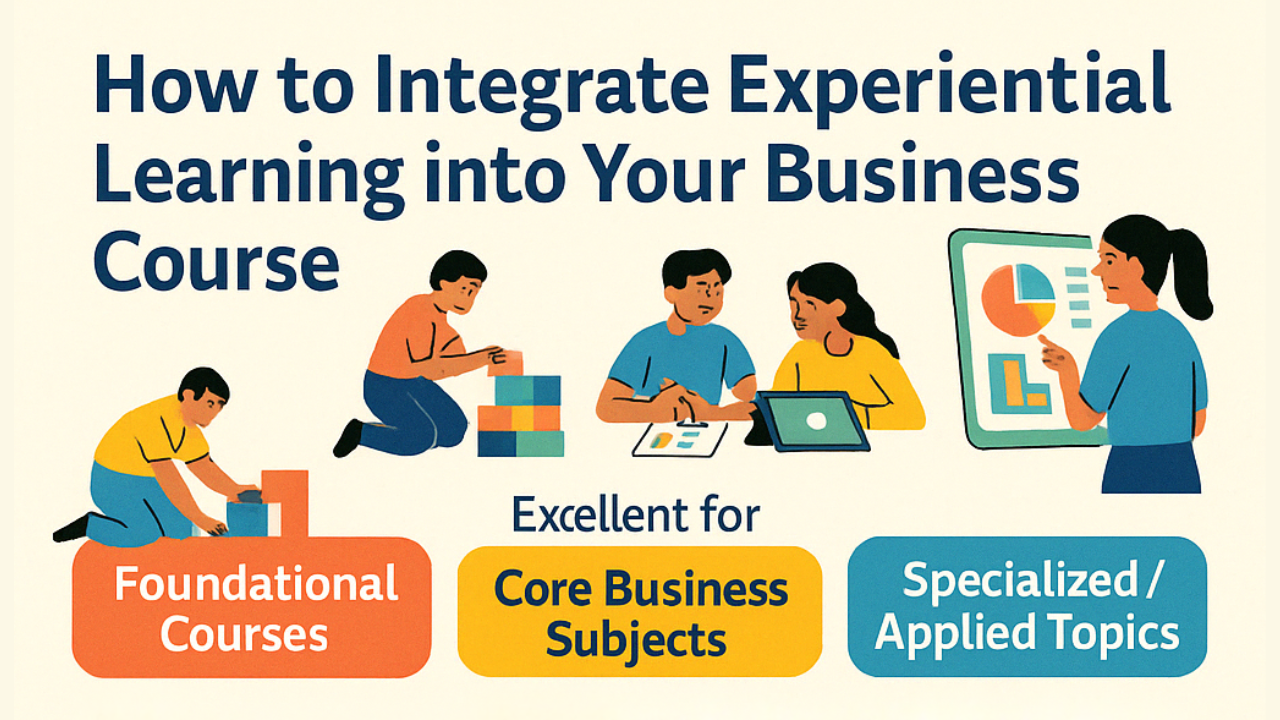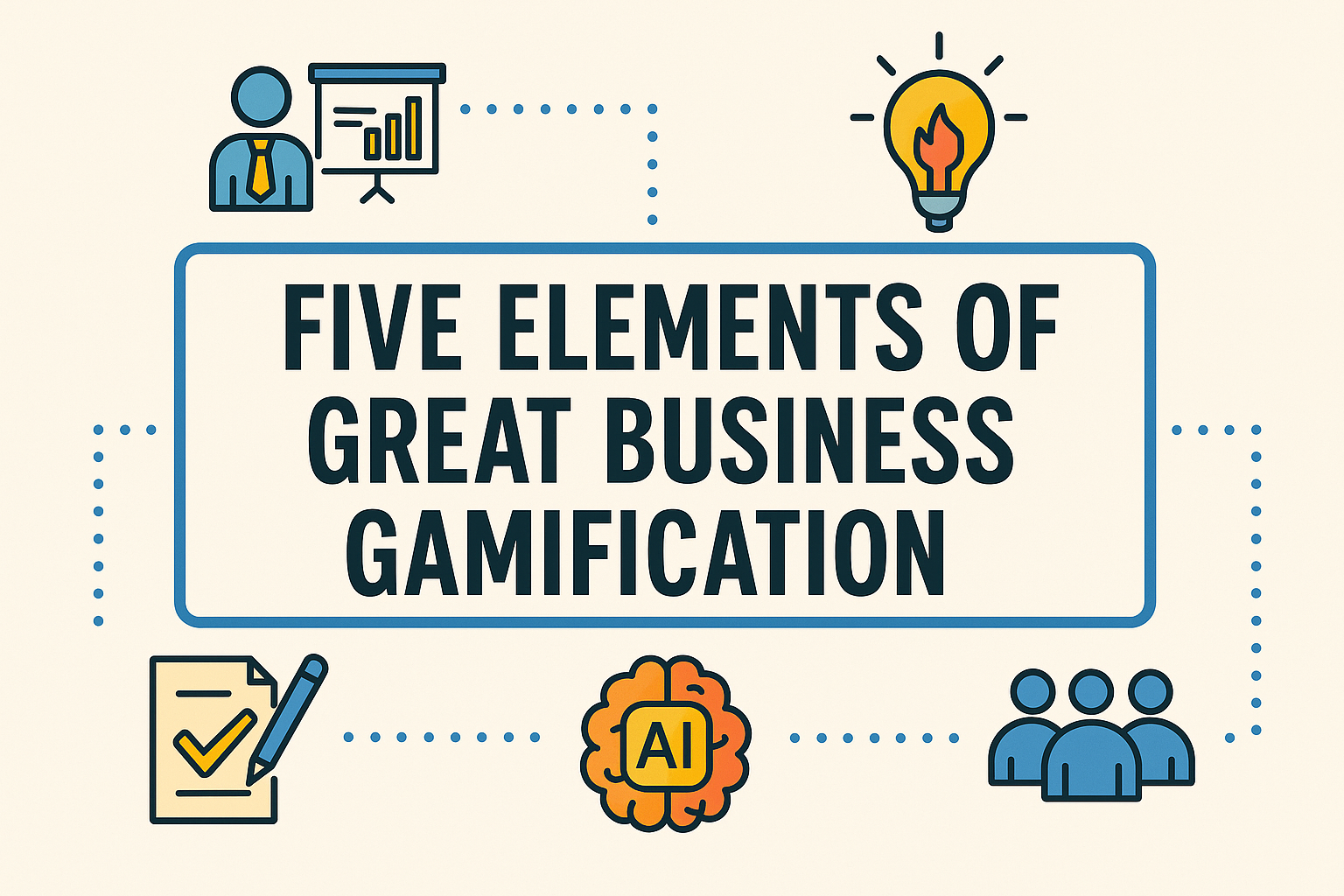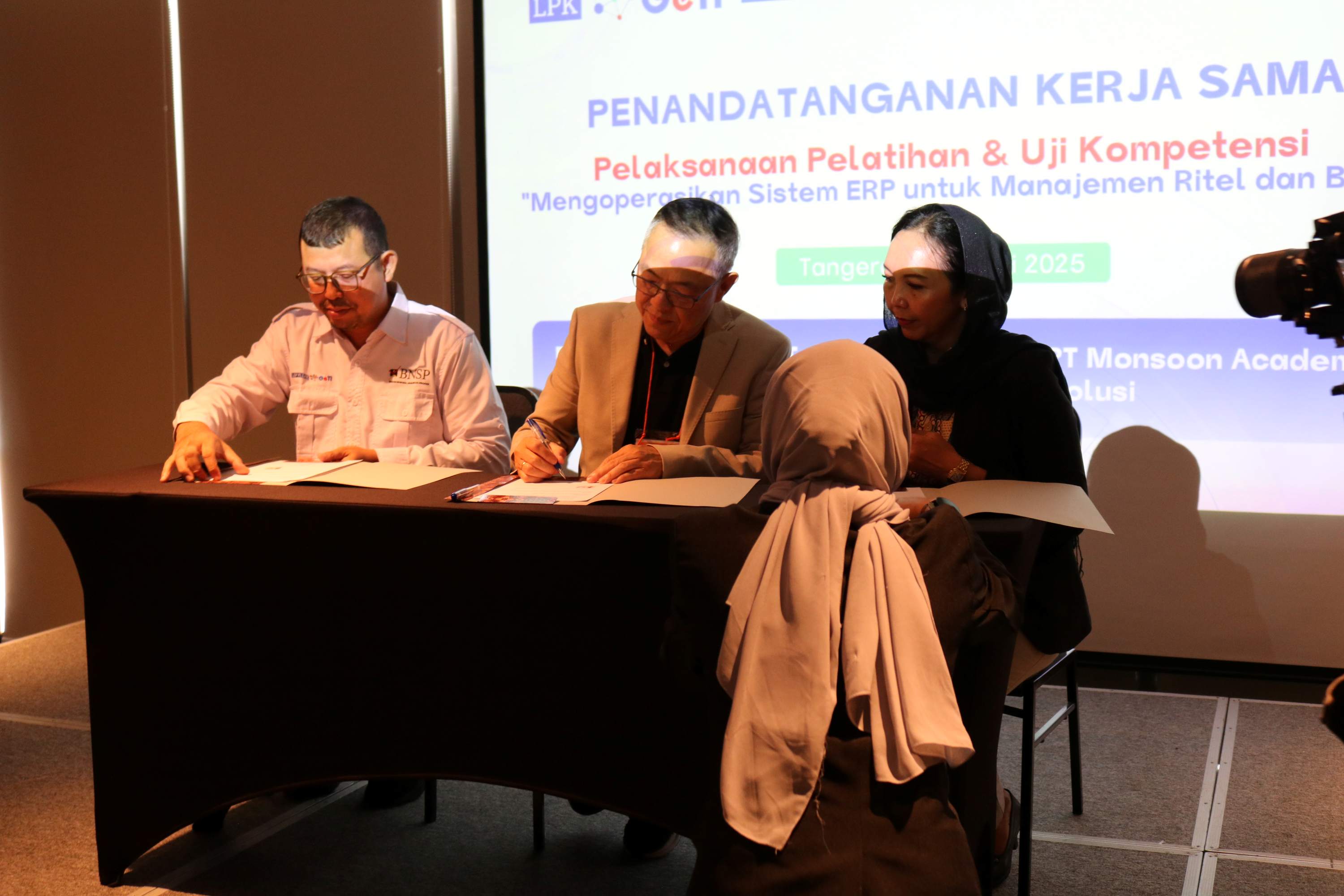
“Learning is the process whereby knowledge is created through the transformation of experience.” David A. Kolb, an American educator who’s theories in learning styles are widely known and used worldwide across different departments and fields of expertise.
David Kolb started outlining theories of learning styles in the year 1984, under his belief that our individual learning styles are attributed from a mix of our genetics, our life experiences, and the demands and external stimuli of our current environment.
Essentially, experiential learning is done by doing, experimenting, interacting and exploring, where students apply the knowledge and concepts learnt in class towards real-life situations and issues. It is an immersive and engaging learning process that focuses on experience and our own self-reflection over it, through four areas: concrete experience, reflective observation, abstract conceptualization and active experimenting.
Concrete experience is the first component of the experiential learning cycle, and this concerns our daily experiences in all sorts of settings and environment that we find ourselves in. Regardless, whether the concrete experience is a novel and new experience or a familiar experience, learners should view this as a learning opportunity for both the learners themselves and their team or people around them. Concrete experiences are an opportunity for personal growth and development.
Reflective observation is a component of the experiential learning cycle that relies on watching. This component takes place after students get new experiences, and though prior beliefs and preconceived ideologies may impact a student’s reflective observation, it is therefore very important for learners to critically reflect on their experience through an objective lens and be open-minded to adjustments in their perspective and approach for obstacles or challenges.
Abstract conceptualization is the third component of the experiential learning cycle. It centers on thinking, pondering upon previous experiences and developing insights on those experiences. This is a step further into self-reflection and turning our personal observations of our experiences into a theoretical approach or new perspective on life, or perhaps a new course of action planned. It is through practice of the new approaches borne from self-reflection and critical observation that learners can maximize their learning potential and personal development.
Active experimenting refers to the fourth component of the experiential learning cycle, and it involves the process of testing existing ideas through the creation of new experiences. Abstract theories that were created from observations during self-reflection can now be actively tested, akin to the action of scientific experimentation, where a hypothesis created from existing ideas will be tested on its validity via a meticulous, structured experiment. Active experimenting allows approaches to be reevaluated, revised and “fine-tuned” to maximize results and improve strategical effectiveness.
Experiential learning itself encapsulates the four different learning styles as identified by David Kolb, namely Reflector (which diverges feeling and watching between concrete experience and reflective observation), Theorist (which assimilates thinking and watching between reflective observation and abstract conceptualization), Pragmatist (which assimilates thinking and doing between abstract conceptualization and active experimenting), and Activist (which accommodates feeling and doing between active experimenting and concrete experience).
MonsoonSIM’s business simulation and gamification education platform facilitates all these components of the experiential learning cycle perfectly, presenting learning opportunities at every corner and angle as students run their “virtual business” in an immersive, hands-on learning environment. MonsoonSIM’s platform prepares students by encapsulating thousands of business concepts in the form of one comprehensive business simulation covering thirteen interconnected business departments. Learners will be able to demonstrate higher engagement towards learning and educational interaction with their peers and heightened ability to apply business concepts to business problems with a critical entrepreneurial mind and sharp decision-making skills.
Supporting students in a way where there’s more to learn, easier to learn, MonsoonSIM ensures that students are able to make the most of their experiential learning journey.


